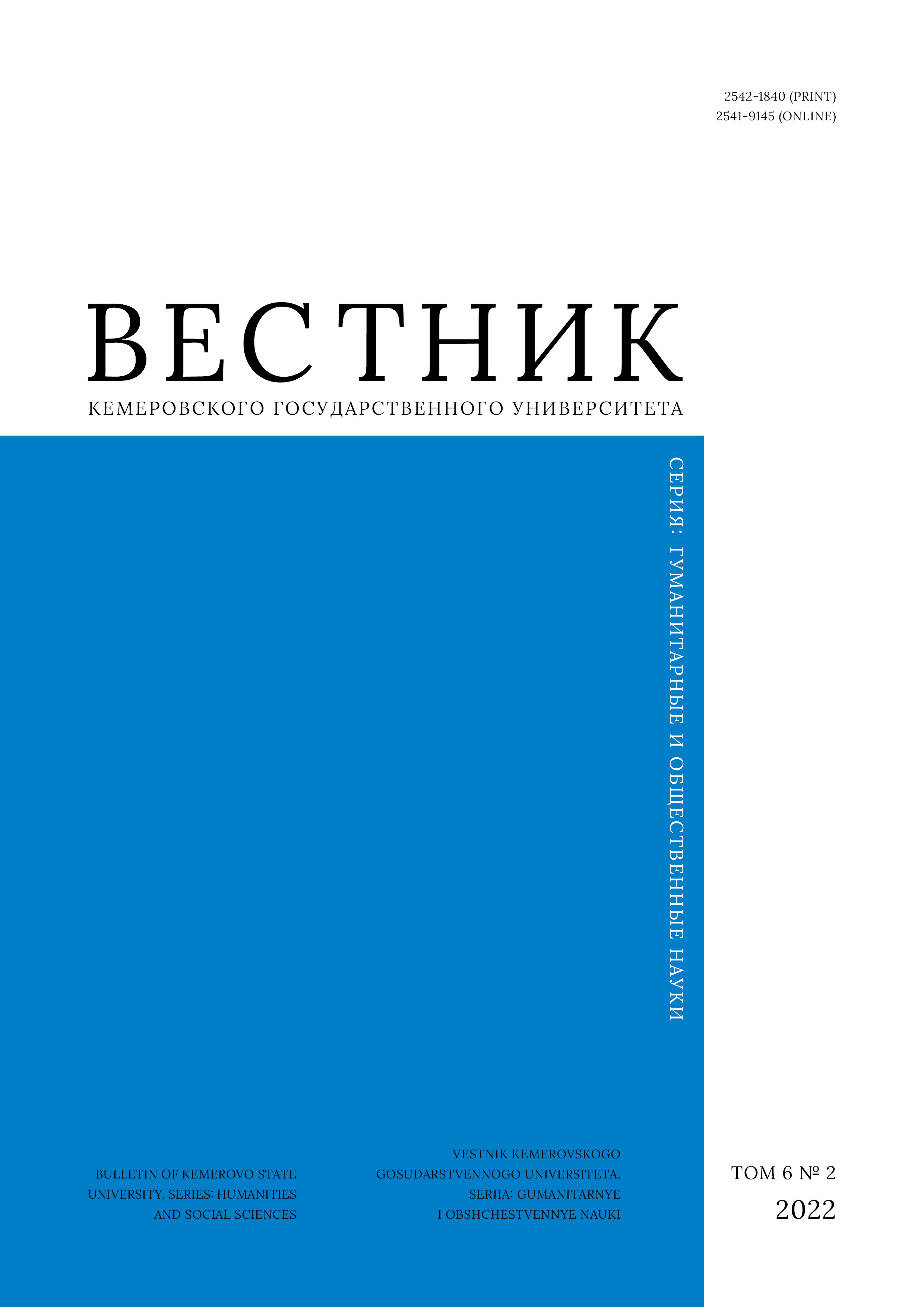Moscow, Russian Federation
Izhevsk, Russian Federation
The article deals with such concepts of criminal law as crime, punishment, and responsibility, their distinctive features, and their correlation with criminal law institutions. The authors believe that the categories of criminal law express its political foundations. However, without criminal law institutions, these categories would remain only legal symbols, and the political foundations would be empty declarations with no practical significance for each specific case of crime and punishment. The institutions of criminal law serve as criteria for assessing the legal significance of various factual circumstances and implement the provisions reflected in the main criminal law categories. Criminal law institutions can be classified depending on the category, e.g., crime, punishment, or responsibility, as well as on the political function, e.g., service institutions and intermediary institutions. Service institutes include belong to the following categories: Crime – a) guilt; b) stages of crime; c) multiplicity of crimes; Punishment – a) the system of punishments (Articles 44, 45, 88 of the Criminal Code of the Russian Federation); b) sentencing; c) exemption from punishment; Responsibility – a) the composition of the crime; b) circumstances excluding the criminality of the act; c) complicity; d) exemption from criminal liability. Intermediary institutions provide a link between the categories of crime and punishment: a) the imposition of punishment (including unfinished crime, complicity, multiplicity of crimes, i.e. institutions that serve particular categories); b) subsystems of punishments provided for in articles of the Special Part of the Criminal Code of the Russian Federation.
crime, punishment, criminal responsibility, criminal law category, criminal law institutions, criminal policy
1. The complete course of criminal law. Vol. 1. Crime and punishment, ed. Korobeev A. I. St. Petersburg: Iuridicheskii tsentr, 2008, 1131. (In Russ.)
2. Trainin A. N. Criteria of social danger. Fundamentals and tasks of Soviet criminal policy, ed. Shirvindt E. G. Moscow-Leningrad: Gos. izd-vo, 1929, 98-109. (In Russ.)
3. Ponyatovskaya T. G. Conceptual foundations of Russian criminal law: history and modernity. Dr. Jurispr. Sci. Diss. Abstr. Ekaterinburg, 1997, 34. (In Russ.)
4. Sheveleva S. V., Shatankova E. N. On freedom of will, coercion, manipulation in philosophy, psychology and law: towards the formulation of the problem. Russian Journal of Deviant Behavior, 2022, 2(1): 109-123. (In Russ.) https://doi.org/10.35750/2713-0622-2022-1-109-123
5. Nagaeva T. I. Forms and types of criminal act. Dr. Jurispr. Sci. Diss. Abstr. Moscow, 2012, 51. (In Russ.)
6. Ponyatovskaya T. G. Conceptual foundations of the system of concepts and institutions of criminal and criminal procedural law. Moscow: Prospekt, 2021, 232. (In Russ.)
7. Zubareva E. D., Shirobokov M. I., Grebenkov A. A. Correlation of moral norms and criminal law norms. Criminal law in an evolving society: problems and prospects: Proc. Sci. Symposium with Intern. Participation, Kursk, 27-28 May 2021. Kursk: SWSU, 2021, 167-169. (In Russ.)
8. Sheveleva S. V., Mozhaikina V. A. The principle of the inevitability of punishment in penal enforcement law: from declaration to the possibility of implementation. Vestnik Permskogo universiteta. Juridicheskie nauki, 2021, (54): 722-753. (In Russ.) https://doi.org/10.17072/1995-4190-2021-54-722-753
9. Ponyatovskaya T. G. Conceptual foundations and content of the institute of sanity in criminal law. Russian Juridical Journal, 1995, (4): 69-82. (In Russ.)
10. Sheveleva S. V., Grigorova I. A., Grigorov D. N. Active complicity in the activities of an undesirable foreign or international organization. Vestnik Kemerovskogo gosudarstvennogo universiteta. Seriia: Gumanitarnye i obshchestvennye nauki, 2021, 5(4): 365-372. (In Russ.) https://doi.org/10.21603/2542-1840-2021-5-4-365-372
11. Sheveleva S. V., Sidorenko E. L. Exemption from punishment in Russian law. Kursk: SWSU, 2020, 272. (In Russ.)
12. Baybarin A. A., Sekareva L. A. Modernization of criminal legislation in the sphere of criminal law development. Criminal law in an evolving society: problems and prospects: Proc. VII Intern. Correspondence Sci.-Prac. Conf., Kursk, 15-16 Dec 2016. Kursk: SWSU, 2017, 316-321. (In Russ.)
13. Panina Yu. A., Goriachikh S. A. Comparative legal analysis of the legal norms of the Russian Federation and the USA related to kidnapping and illegal deprivation of liberty. Evolution of the state and law: problems and prospects: Proc. Intern. Sci. Conf. dedicated to the 55th anniversary of SWSU, Kursk, 28-29 Mar 2019. Kursk: SWSU, 2019, 251-255. (In Russ.)
14. Tagantsev N. S. Russian criminal law. Part general. Vol. 1. Tula: Avtograf, 2001, 800. (In Russ.)
15. Baybarin A. A., Grebenkov A. A., Sheveleva S. V. Criminal law of Russia. General part. Kursk: SWSU, 2017, 429. (In Russ.)
16. Sinyaeva M. I., Skokova A. N. Stages of the crime in the criminal law and criminal science. Criminal law in an evolving society: problems and prospects: Proc. V Intern. Correspondence Sci.-Prac. Conf., Kursk, 15-16 Jun 2014. Kursk: SWSU, 2014, pt. 2, 72-77. (In Russ.)
17. Polyanskaya S. S. Actual problems of complicity in the criminal law of Russia. Actual issues of the development of modern society: Proc. 4th Intern. Sci.-Prac. Conf., Kursk, 20 Mar 2020. Kursk: SWSU, 2020, 83-86. (In Russ.)



















